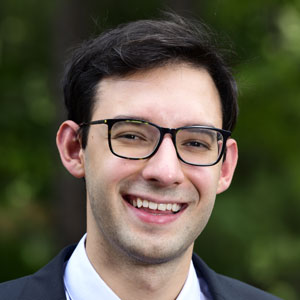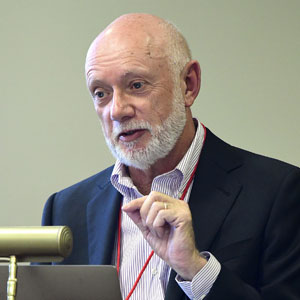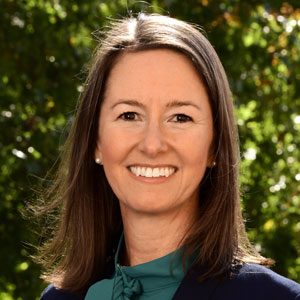NIEHS Director Rick Woychik, Ph.D., announced his selection of Heather Patisaul, Ph.D., a neuroendocrinologist, as the next scientific director of the Division of Translational Toxicology (DTT) effective March 24. DTT is an intramural division at NIEHS that conducts innovative research focused on the health effects of environmental hazards and provides support for the interagency National Toxicology Program (NTP). Patisaul will work with Woychik and other members of the NIEHS leadership team to implement the NIEHS Strategic Vision.
“Dr. Patisaul is an exceptional, well-regarded scientist,” wrote Woychik in an announcement to staff on Dec. 22. “I am confident that she will bring excellent scientific and management experience, energy, transparency, and leadership to help DTT move forward.”
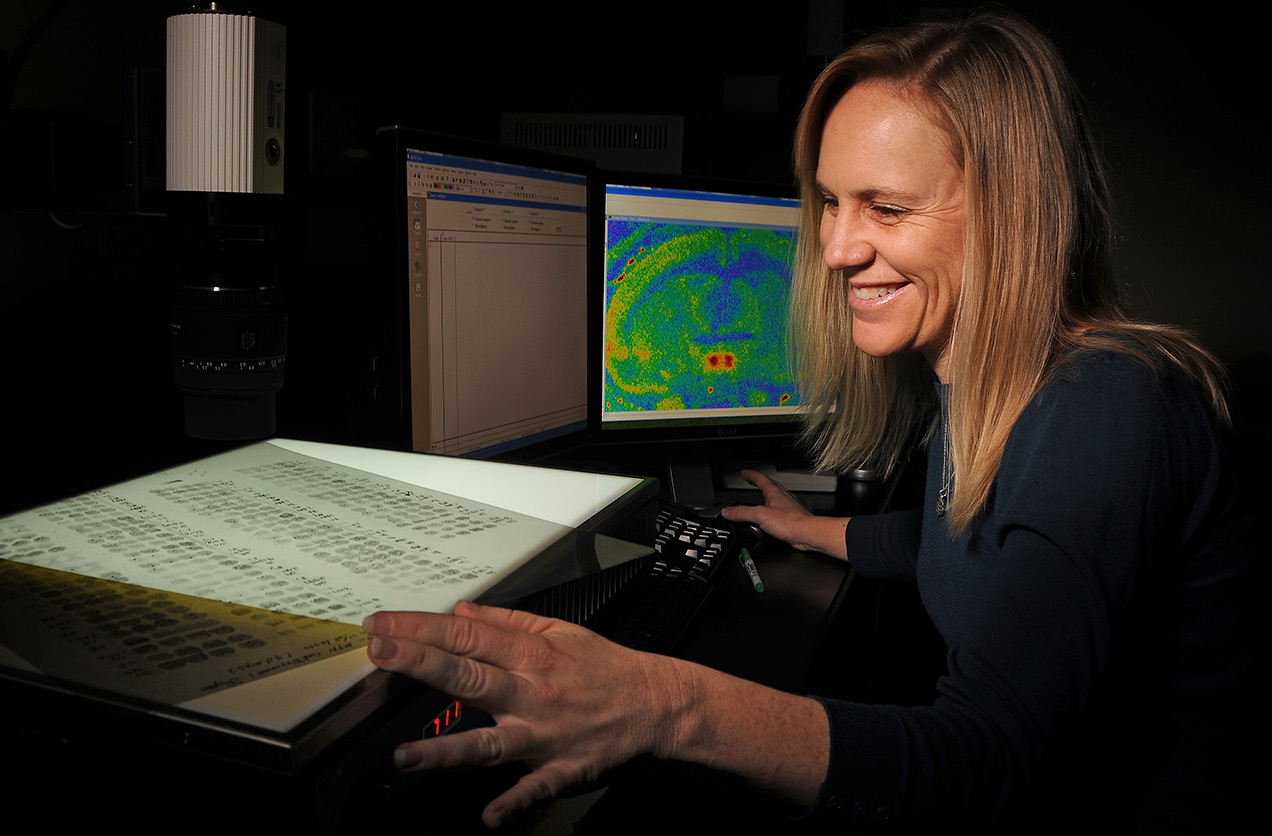
Patisaul joins NIEHS from North Carolina State University (NC State), where she currently serves as associate dean for research in the College of Sciences and leads a research lab. Her team works to explore how endocrine disrupting compounds, which interfere with the body’s hormones, alter neuroendocrine pathways in the brain related to sex-specific physiology and behavior.
Prepared to lead
“I am honored and pleased to be joining the NIEHS community, which has always felt like a second home to me, because I have worked with so many people there for so long, including several wonderful colleagues in DTT,” Patisaul said. “I am particularly excited to serve DTT at this time because it is such a highly collaborative and unique organization with exceptional scientists eager for innovation and transformational change to advance human and environmental health.”
She added that DTT’s strategic framework is highly ambitious and contains many elements she is passionate about, including advancing transdisciplinary research and making toxicity testing more predictive, precise, and preventive.
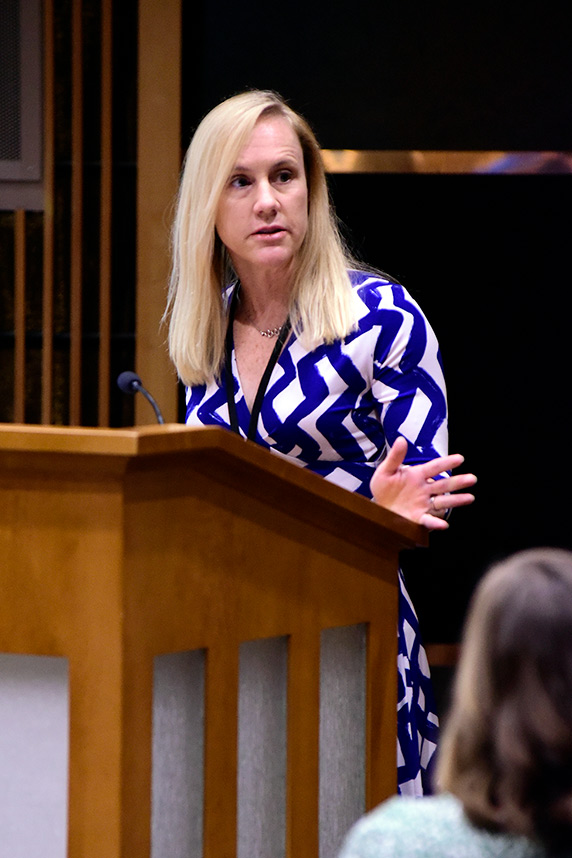
Patisaul is a recognized expert in understanding the health effects associated with endocrine disruptors and developmental neurotoxicants, having served on several national and international expert panels. As a longtime NIEHS grant recipient, Patisaul’s research examines how endocrine disruptors, such as flame retardants, soy isoflavones, and bisphenol A (BPA), influence puberty, fetal development, and neurodevelopmental disorders, including autism. She first received an NIEHS Outstanding New Environmental Scientist (ONES) Award in 2007.
After earning a B.S. in zoology from the University of Florida and a Ph.D. in population biology, ecology, and evolution from Emory University, Patisaul completed postdoctoral training at Emory (formerly Yerkes) National Primate Center and the CIIT Center for Health Research of the Hamner Institute.
Future responsibilities
In his announcement to staff, Woychik thanked the NIEHS community for their feedback during the selection process. He noted the consensus regarding Patisaul’s strengths, particularly her internationally recognized scientific credentials; administrative and team-based experience; diversity, equity, inclusion, and accessibility knowledge; and energy and enthusiasm.
According to Woychik, Patisaul’s responsibilities as scientific director will include the following.
- Recruit and provide leadership for the research faculty.
- Create and maintain a research environment that encourages creativity and collaboration among different disciplines.
- Nurture an inclusive and diverse environment for trainees at all levels.
- Provide effective administrative management.
- Develop and implement strategies that support the NIEHS Strategic Vision as part of the overall NIEHS senior leadership team.
- Serve as the DTT representative to the NTP Steering Committee to help advance the mission and vision of the NTP.
During a July 2023 presentation to NIEHS staff, Patisaul added that success in her new position requires leveraging DTT’s unique strengths to achieve a collective vision. The vision centers on conducting innovative research and developing knowledge aligned with real-world public health needs to inform decision-making.
Patisaul plans to create a culture of excitement and excellence; advance new approach methodologies, which are nonanimal tests; and support transparency and communication.
“Following a highly competitive selection process, I know that DTT will be in good hands under Dr. Patisaul’s leadership,” said Robert Sills, D.V.M., Ph.D., who has been serving as acting scientific director of DTT since May 2023. Sills will continue in his role until Patisaul starts in March.
“I look forward to working with everyone in DTT and the NIEHS leadership team to assure its continued success and global prominence,” Patisaul said.
(Caroline Stetler is Editor-in-Chief of the Environmental Factor, produced monthly by the NIEHS Office of Communications and Public Liaison.)





